Hasan Hai found himself in Newfoundland nearly fourteen years ago. Brought to the island from Ottawa to start a family with a girl from Marystown, and they eventually had three kids. When a separation and a new job opportunity forced him to leave the island for a period of time, he experienced some self-exploration.
“It wasn’t a conscious decision, where I decided one day to be vulnerable. When my marriage ended about 8 years ago, I was living in Clarenville and a job opportunity came up in Saskatchewan. I was going through a separation, moving away from the place I knew and my kids for a period of time. I was alone, really alone for the first time in a long time and I could sit with a lot of things that I was avoiding. When everything was on pause, I had to make a decision on what kind of life I wanted,” said Hasan. “Was it being bottled up and denying myself how I felt about things or did I want to chew on things and figure out things?”
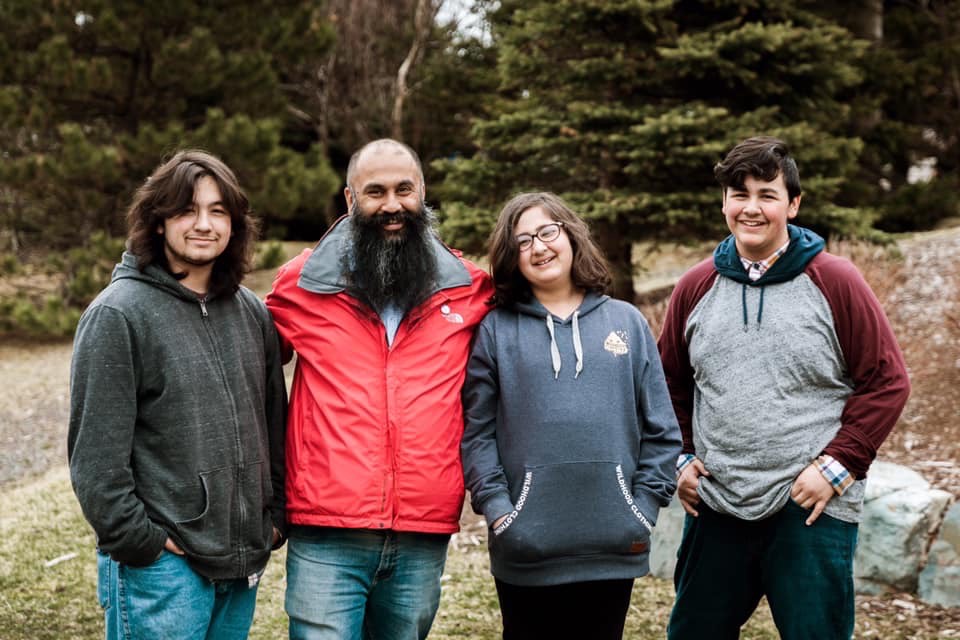
Nowadays if you follow Hasan on Twitter, it seems evident that he is comfortable sharing experiences and emotions and it took some time for him to be open in that area. While he engages in open discussions about what some might find uncomfortable, he recognizes that there is pressure on men to dodge emotions and avoid conversations about them.
“I have a good relationship with my father but he was emotionally distant growing up and I remember thinking, ‘does he love me?’ His actions showed that, but I didn’t hear that. He never articulated those feelings. I think it’s fair to genderize that, that men are conditioned, probably not unintentionally, that feelings are bad. No one explicitly tells boys that, but we do – boys don’t cry, tough it up, be a man. Our definitions of masculinity are being unfeeling, especially the softer emotions of love and fear,” he explained. “ We are supposed to be this tower of strength that feels nothing. We grow up with that and one-day adversity hits you and we break because we have no idea how to deal with it.”
The necessity to feel more and connect with others on an emotional level trickled down into the MerB’ys project in some ways. After Saskatchewan, Hasan eventually returned to Newfoundland and was looking for ways to connect with the community – that’s where he found the Newfoundland and Labrador Beard and Moustache club. Since joining the club, Hasan and members have published a Merb’ys calendar featuring men adorned in mermaid tales, sometimes with glitter and make-up, modeling in unconventional poses. The club’s last calendar was created in 2020 and the sales have helped raise over half a million dollars for local charities.
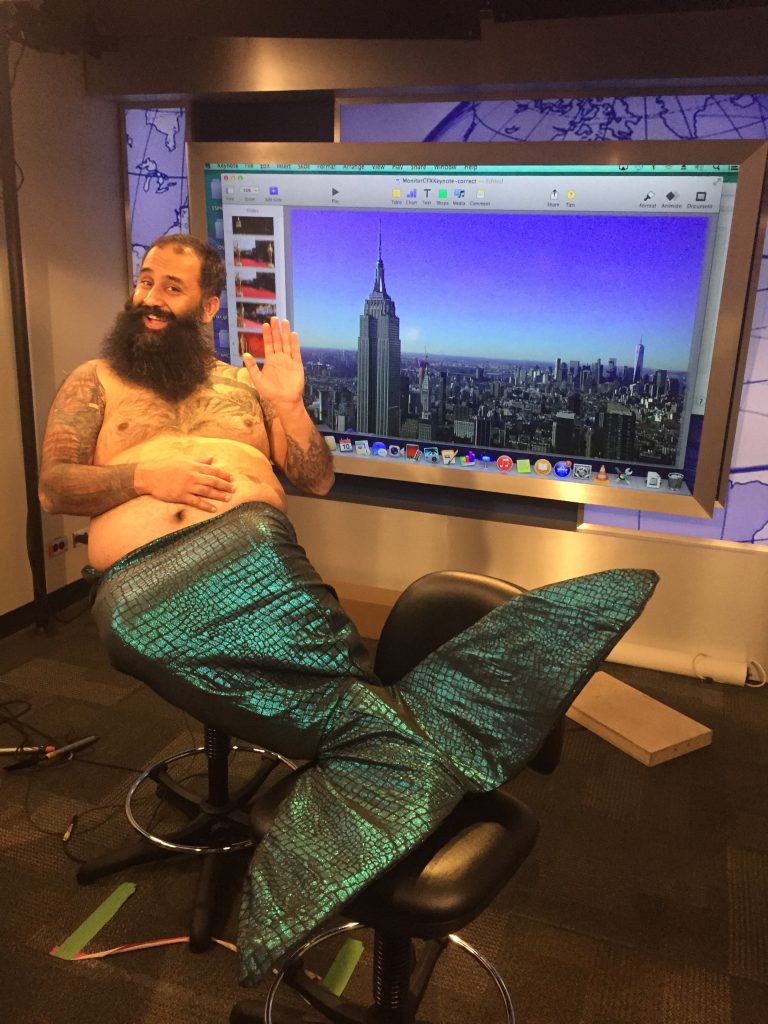
“MerB’ys is extreme in the sense of the outwards appearance. It’s really just flipping the narrative of what men are supposed to look like. Men don’t have to wear glittery colours, you can wear plaid, the clothing you wear is completely irrelevant but it’s the smaller things: the relationships amongst men. I can tell my male friends I love them and they can say it back and it’s normalized. It’s not a forced thing, nor is it sexualized either,” said the merb’y. “Part of Merb’y is normalizing that as well, guys being comfortable, being in close proximity without it being sexually intimate. There are forms of intimacy that are platonic. MerB’ys has opened those kinds of conversations and how it relates to the colourless form of masculinity we have created.”
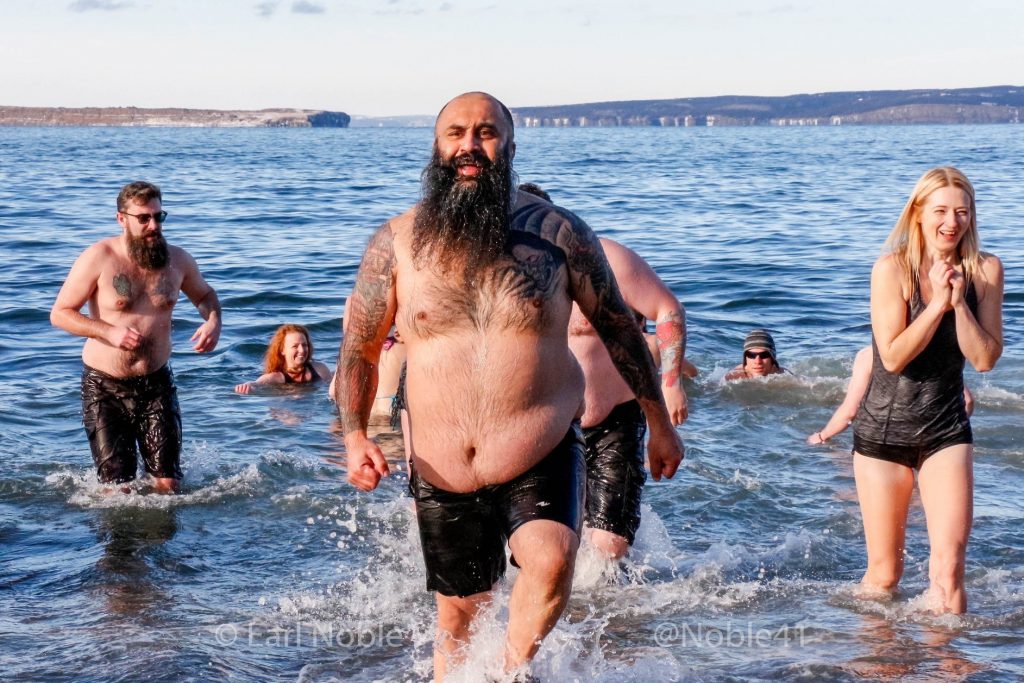
While Hasan is mostly known for his jovial attitude, one of his titles is Chief Kindness Officer with Project Kindness– a grassroots organization promoting kind words and deeds. He was also once a political candidate for the Liberal party in a provincial election – his social media has displayed additional roles, which include activist and anti-racist. As Black Lives Matter grew, the lived experiences and reality of marginalized folks started to gain more exposure – Hasan himself also shared some of his history with racism and his views on how we can all be better.
“It’s been a journey myself, like any person of colour or anyone from a marginalized community, I have a ton of lived experiences which are shocking to some, but not to us. What I am hoping is that this is not performative,” said the activist. “There are a lot of people who are not impacted by bigotry or hate based on grounds of sexual identity and race, etc., and they are people who need to be angry and be motivated to action. I am looking primarily at white cis-gendered people who are sort of at the apex of human food chain as far as privilege goes and they are also the people who could have the biggest impact.”
Hasan would like to see people in positions of power stand up to hate and be passionate about change. There is a need for folks to educate themselves about historical and systemic racism and to take true action against bigotry in all forms.
“I want someone who is not impacted by hate or bigotry to make it their issue and stand up and do things, not wait to be told what to do. People have known what to do for hundreds of years, I am not saying it’s not hard, it takes some discomfort and effort for those not impacted and they have to really humble themselves.”
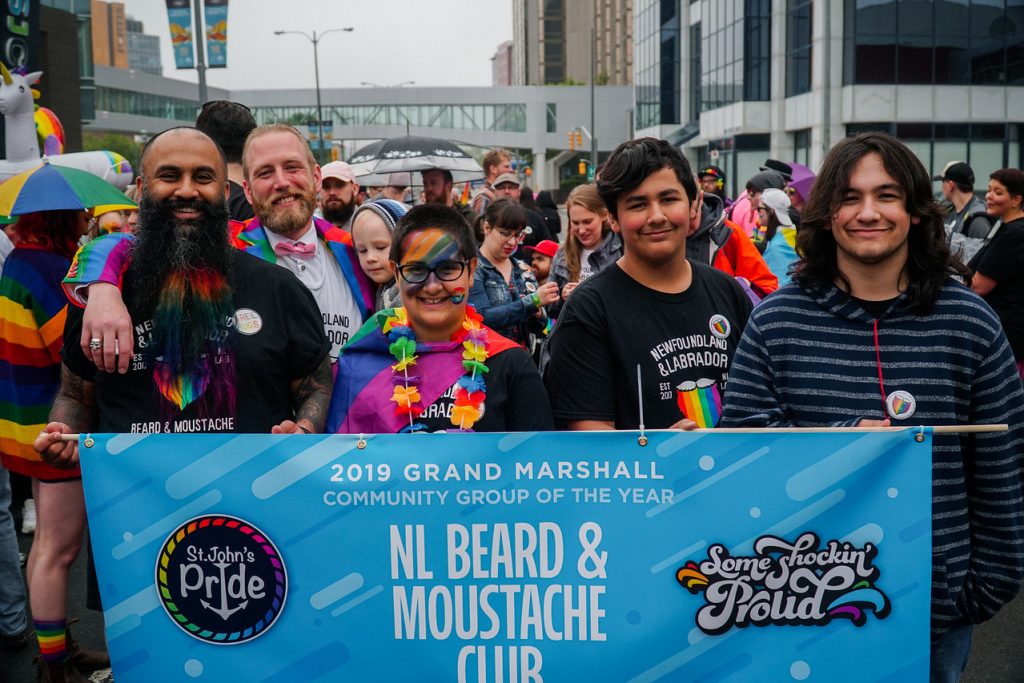
A wall that privileged and white folks hit when it comes to actively engaging in anti-racism, is a fear of saying the wrong thing, and depending on marginalized communities to spoon-feed them action plans – and Hasan says that dependency and lack of motivation is part of the ongoing problem.
“You know what to do, it’s not that hard. Google it. Telling people what to do is exhausting. Push aside ego. I have the toughest time with people who label themselves as not racist, that also have a resistance to listening. The arrogance of thinking they know what can fix this when you are not impacted by it, and then are offended when I call them out on it. The issue is unlearning, we don’t need to learn new things, we have already learned the wrong things. And we have to unpackage that, before we can take action, we have to digest ourselves and our behaviours.
When it comes to becoming an ally or becoming an anti-racist, bringing your fears and insecurities to others to be alleviated, makes you the centre of the movement and allies’ experiences shouldn’t be at the forefront of this conversation.
“What could an ally do? Start with de-centering yourself. People do not need to be grateful to you to be an ally. That’s your responsibility to be one. If a man wants to be a feminist ally or strives to be, women don’t owe him gratitude for that, and if he doesn’t get it and calls it out and say they weren’t kind enough or grateful enough, then you were never trying to be an ally. You were trying to get a pat on the back or reward,” explained Hasan. “Allyship doesn’t equate to getting social clout, humility is a big frame, you have to recognize you can’t expect any praise for doing it. You are not becoming a saviour of the world for doing it, any decent person should be an ally.”
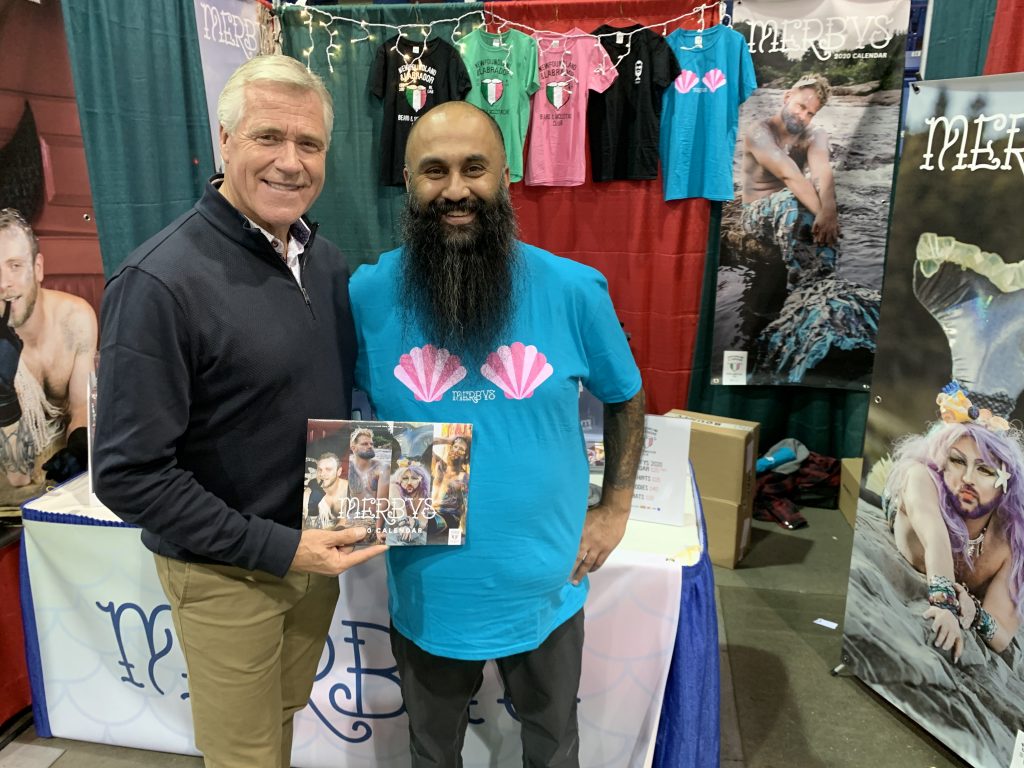
Another initiative Hasan has taken on to start dismantling systemic racism is the renaming of structures and the removal of historical statues that have exhibited racism. He considered Discovery Day, a holiday made in remembrance of John Cabot. The province has since changed the title to June Day and recognized that Cabot did not ‘discover’ Newfoundland and Labrador, but rather colonized it. The government has stated that June Day is not the official title of the holiday, and local indigenous communities will be consulted regarding a new title. Hasan sees the importance of continuing the practice of removing historical aspects in the province that represent racism.
“I am not saying removing statues are in and of themselves the solution, but we have to reassess: we are celebrating people who were slave owners and engineers of genocide and if you are serious about fighting racism and the deepest oppressions, look at who we are celebrating, it’s our Mount Rushmore. Why it’s so important, it is the only way we can move forward in a constructive way. Overnight things won’t be better, the first step really has to be recognizing how bloody our history has been, it’s not to beat people up or impose white guilt on people, but the system was created by truly awful people.”
Follow Hasan on Insta and Twitter
Check out his Ted Talk

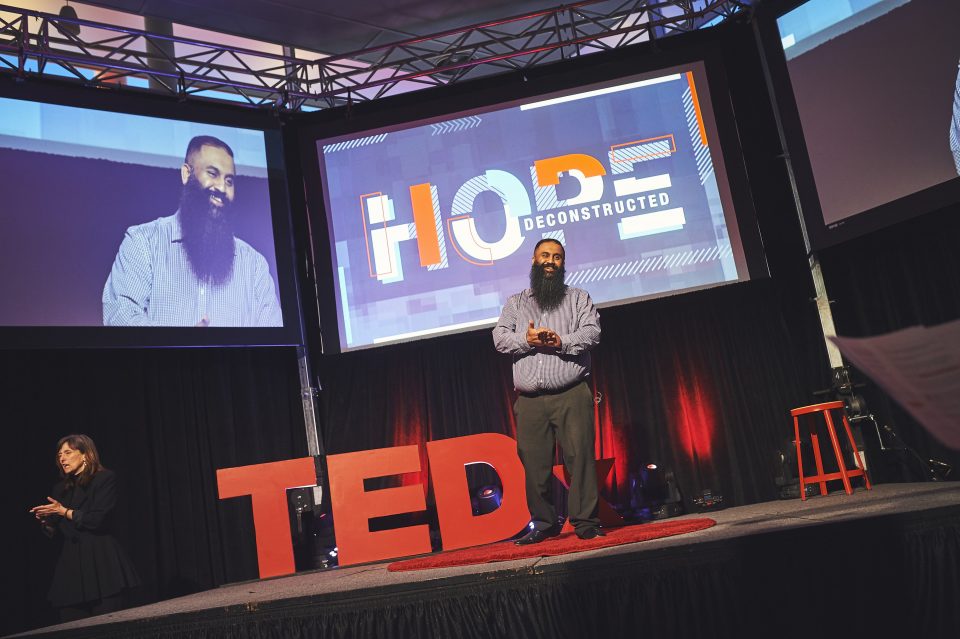
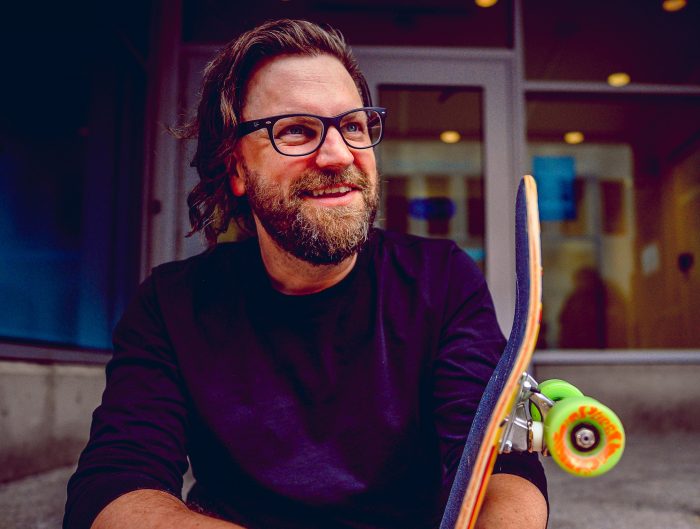
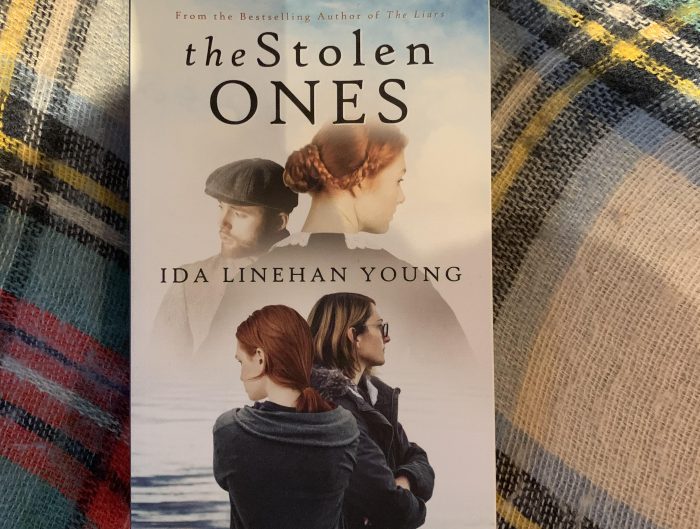
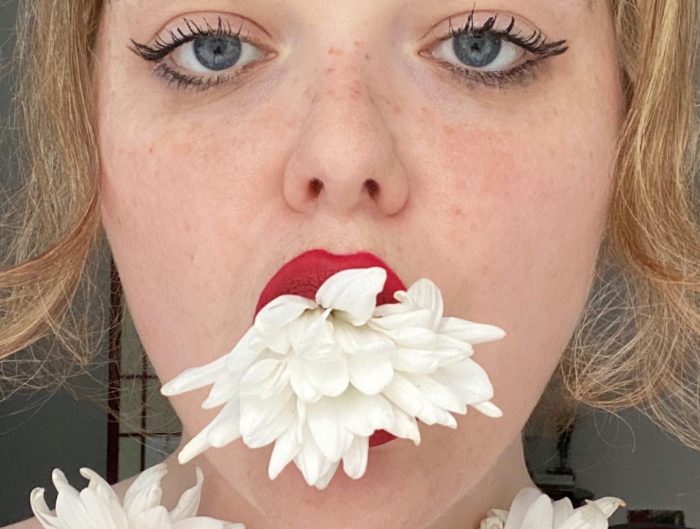


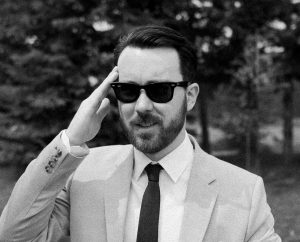
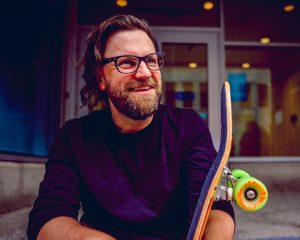
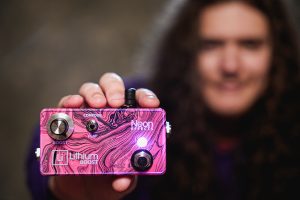

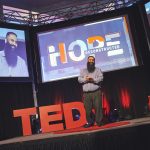
Comment
Hasan is a hateful, racist grifter. He has spent his time in Newfoundland creating silly groups and initiatives that do nothing but ingratiate himself with his leftist followers. Literally nothing he has done was not carefully crafted to result in writeups and public adoration. Like this article. In reality, he spends his days spreading hatred and anti-white prejudice through his social media. Attacking and harassing people who do not agree with him (typical leftist), and claiming that his bigoted opinions are morally superior to yours. He indoctrinates kids with CRT, talks down to Newfoundlanders who live in outport towns as being ignorant, etc. A horrible person who is contributing to this province becoming divided and full of hate. This article is propaganda for like minded leftists.